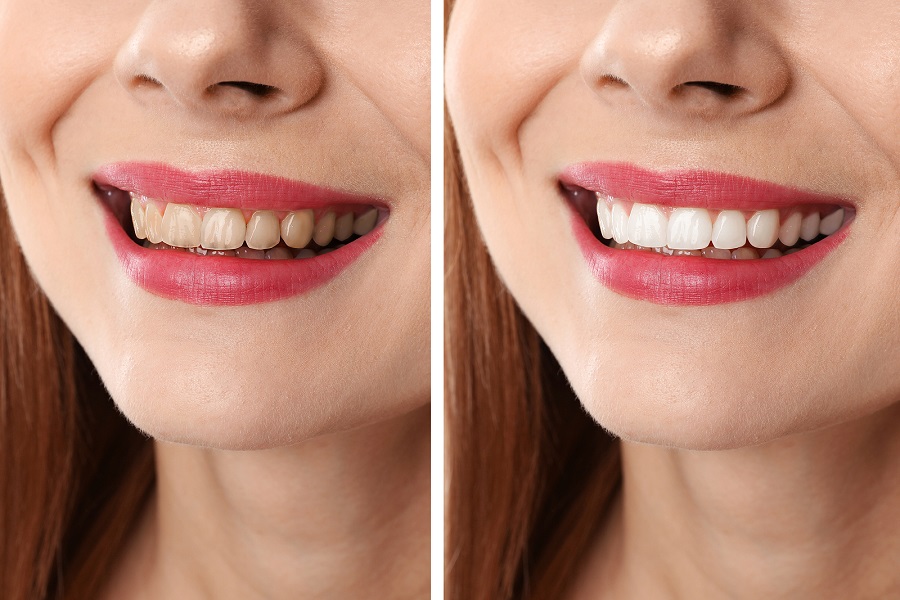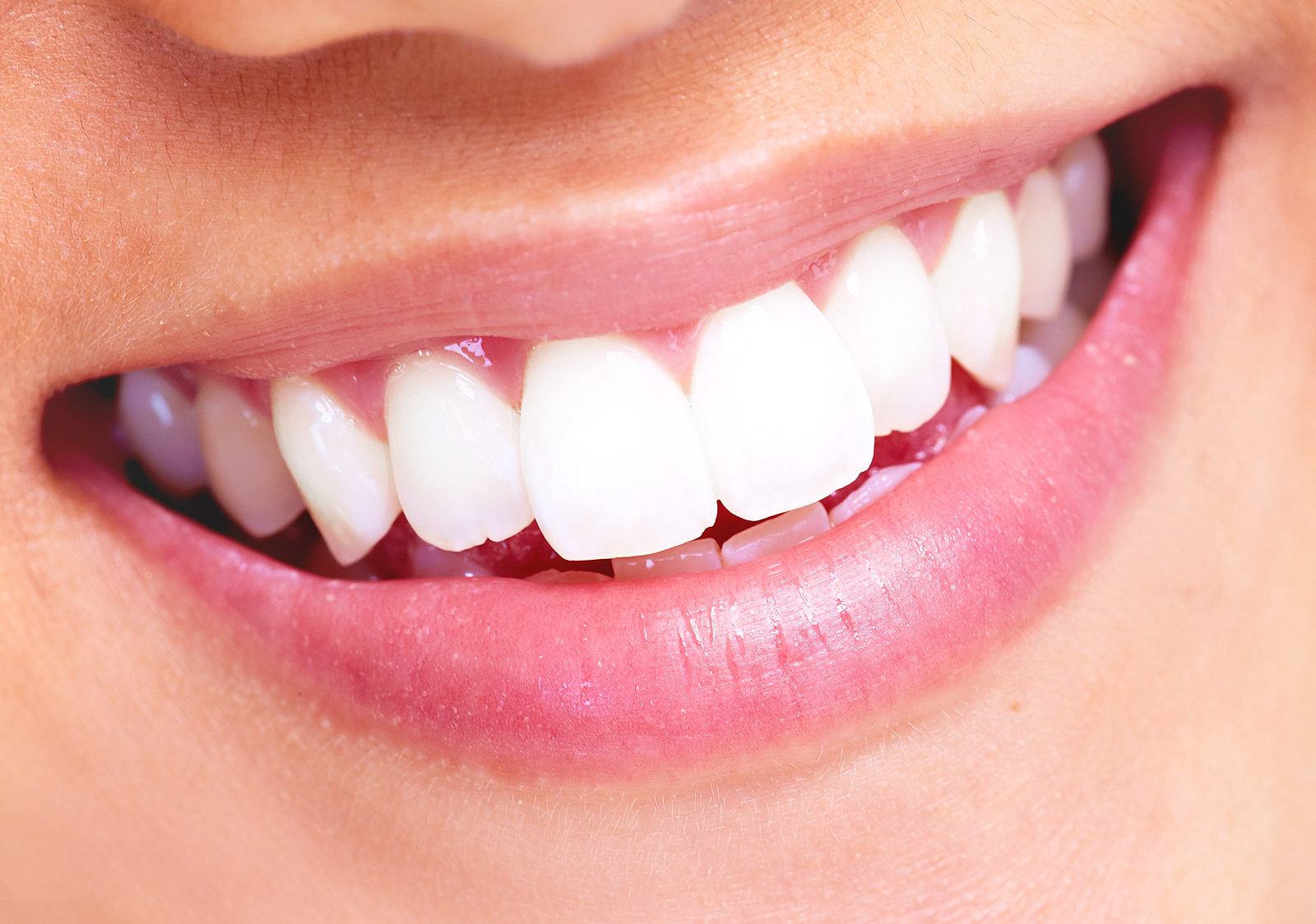IS GUM GOOD FOR YOUR TEETH?
Most of us have heard the old wives’ tale about how swallowing gum can lead to intestinal tract problems. It supposedly is one of the few foods that the body cannot digest properly, which can lead to internal complications. Many experts agree that this is simply not the case, however. Believe it or not, but stomach acid is very potent and will virtually eliminate any type of food, including infamous chewing gum. Many people discuss the dangers of swallowing the latter to mainly keep children from choking, as this is a hazard. What about your teeth though? While the stomach and digestive system will be hardly phased by ingestion, how will your teeth fare? Low and behold, the answer is two-fold. Ultimately, it depends on the type of gum you are chomping on. Sugar-free products can actually have a considerable impact on your dental cleaning efforts, while sugary bubble gum will counteract them.
Chewing Gum is Good for You, Mostly
It is worth keeping in mind, however, that gum by itself is not what cleans your teeth. The way it works is that when a person chews, the mouth releases saliva. This is one of the body’s natural defensive agents; it keeps the mouth moist and serves to help eliminate bacteria and plaque buildup. Thus, the more you chew, the more saliva will inevitably be released. The reason why sugar-laden gum is bad for your teeth and not recommended is that it contains ingredients that contribute to the decay of tooth enamel. Essentially, your body will be producing more saliva at the same time you are feedings its enemy (plaque). You will be happy to know that most dentists actually advise patients to chew healthy gum on a regular basis to prevent cavities from occurring. Why Gum is Good for Your Teeth There are a few particular ingredients in the dentist approved types of gum that facilitate the cleansing process, namely ingredients known as malitol, mannitol, sorbitol and xylitol. The names may sound strange and obscure, but they could very well be your mouth’s best friend. To maintain proper oral hygiene and to keep your teeth and gums clean between your brushing and flossing routines, chewing gum is a great idea. Another benefit that many people don’t realize is that chewing gum also helps strengthen your jaw muscles. It keeps them moving, which can ward off potential joint problems. Be careful not to overdue it though, as chewing too often or too much gum at one time can cause unnecessary pain and discomfort. A helpful word of advice for people whose salivary glands don’t work as often as they should is to chew a piece of gum for 10 minutes for every hour for a two week period. This will stimulate the glands and can actually treat the issue. If you have questions about whether or not your favorite brand of gum is a healthy choice for your teeth and mouth, and if your chewing habits are acceptable, speak with your trusted dentist during your next appointment.






















0 comments